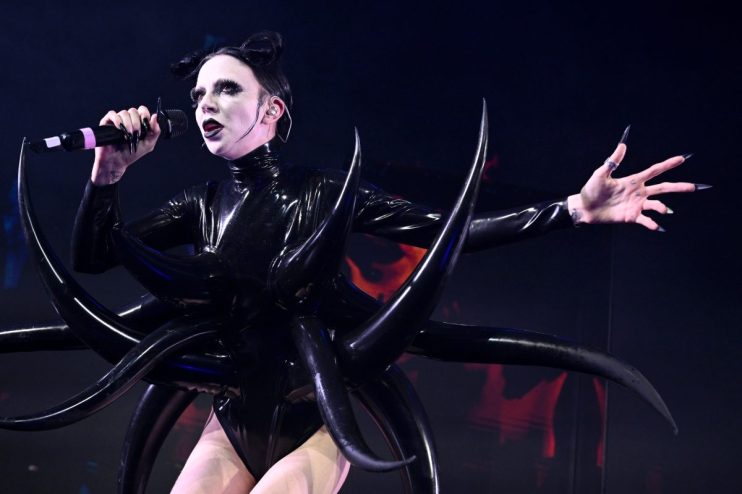Explainer in brief: Why this year’s Eurovision is the most controversial yet

The inclusion of Israel in this year’s Eurovision Song Contest amid the ongoing war in Gaza has sparked significant backlash. Pro-Palestine campaign groups have called for a boycott of the event over Israel’s alleged war crimes, with a letter signed by 450 artists calling for UK entrant Olly Alexander to pull out of the competition in solidarity with Palestine.
“There can be no party with a state committing apartheid and genocide. At a time when accountability is so urgently needed, Israel’s inclusion in Eurovision would enable and cover up its war crimes and crimes against humanity,” the letter read.
Eurovision Party London, one of the city’s most popular watching parties, has cancelled its event for this year, with its Dalston venue Rio Cinema saying it would fundraise instead for charities including Medical Aid for Palestine.
The European Broadcasting Union (EBU) defended Israel’s inclusion in the event, citing the competition’s “non-political” credentials, but that has done little to assuage critics, particularly in light of the union’s decision only two years ago to ban Russia from the competition due to its war on Ukraine. At the time, Eurovision’s executive supervisor Martin Osterdahl said the decision was taken to stand up for the core values of democracy and human rights. Russia remains excluded from the competition this year.
No participants have yet withdrawn from the contest. Alexander said he supported an immediate ceasefire in Palestine, but had decided after much deliberation that he would continue to compete. “It is my current belief that removing myself from the contest wouldn’t bring us any closer to our shared goal,” he wrote in response to the letter. Ukraine entrant Jamala said her country “cannot afford” to give up participation in the competition, as the war in Ukraine falls down news agendas. She said it was the task of artists to be “loud and creative” to keep attention on the conflict.
Ireland’s first non-binary contestant Bambie Thug also defended their decision to remain in the competition, though this did not stop them from making a statement in the semi-final, where their costume included body markings that spelled out ‘ceasefire’ and ‘saoirse don Phalistin’ in Ogham (an ancient Irish script). The markings will, however, be altered for the grand final tomorrow due to orders from the EBU, who said the writing “contravened contest rules that are designed to protect the non-political nature of the event”.
Israeli entry Eden Golan was also forced to revise her entry to the competition due to political messaging, with her original song entry ‘October Rain’ thought to be a reference to the Hamas attacks on October 7. The entry was approved after changes were made to the lyrics and the song was renamed to ‘Hurricane’.